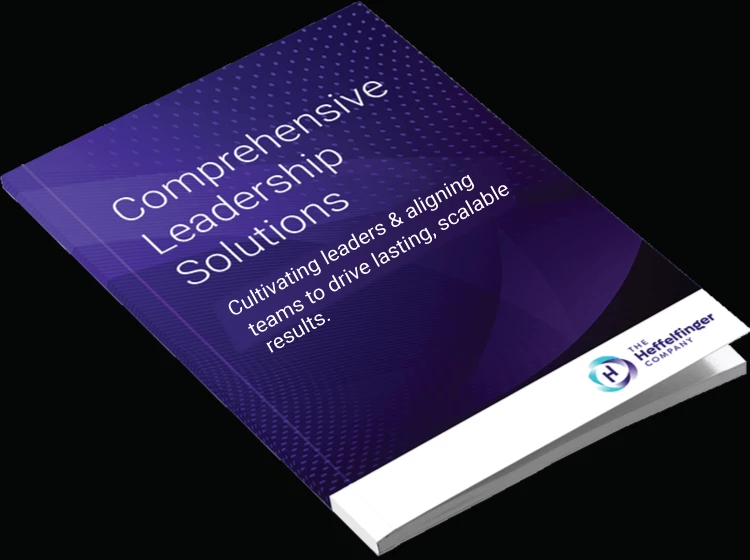
Why is EI Important?
Emotional Intelligence has proven to be a key indicator of human performance and development. People higher in EI communicate effectively, form strong relationships, and create powerful coping strategies. EI can be measured – more accessible and less controversial than IQ – and unlike IQ, it can be substantially strengthened and developed.
Why the EQ-i 2.0® and EQ 360® Instrument?
The Emotional Quotient Inventory (EQ-i 2.0® and EQ 360®) is one of the first scientifically validated and one of the most widely used Emotional Intelligence instruments in the world. It builds on the success and insights of the BarOn EQ-i® instrument by introducing an updated model of emotional intelligence and introduces some differences that stem from changes, based on extensive feedback, to assessment items, updated norms, and rigorous reliability and validity studies.
Based on more than 20 years of research worldwide, the EQ-i 2.0® and EQ 360® examine an individual’s social and emotional strengths and weaknesses. Respondents self-report on their life and workplace performance in 15 key areas of emotional skill that have been proven to contribute to proficiency in complex business activities such as conflict resolution and planning.
The EQ-i 2.0® and EQ 360® Model:
The EQ-i 2.0®, EQ 360®, and EQ-360™ instruments measure emotional intelligence (EI) and how it can impact people and the workplace. The 1-5-15 factor structure the EQ-i 2.0® and EQ 360® features is one overarching EI score (Total EI), broken down into five composite scores which, in turn, are broken down into a total of 15 subscales.

By identifying the areas that need improvement, the client can immediately begin developing those areas. At the same time, areas where the client excels can be leveraged to their full potential to maximize effectiveness in daily tasks.
While emotional intelligence is not the sole predictor of human performance and development potential, it is proven to be a key indicator in these areas. Emotional intelligence is not a static factor - on the contrary, one’s emotional intelligence changes over time and can be developed in targeted areas.
Related blog posts
Cultivating leaders & aligning teams to drive lasting, scalable results.
Download our free guide





